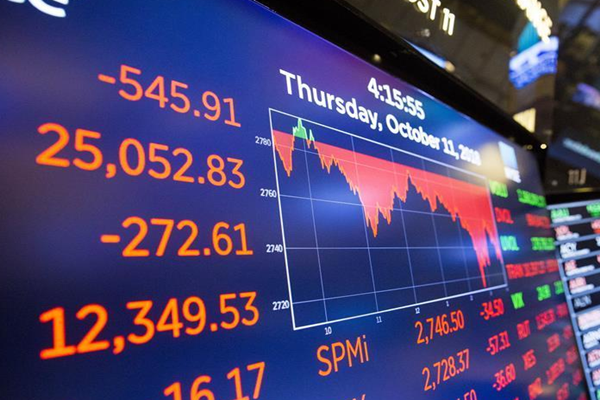On April 15th, Citigroup(C) announced the initiation of a 90-day positive observation period for Nvidia(NVDA), signaling potential adjustments in the stock price following a sustained period of growth.
Nvidia, a leading player in the graphics processing unit (GPU) market, has experienced significant momentum in recent months, driven by increasing demand for its products in various sectors, particularly artificial intelligence (AI) and chip industries.
The AI industry, in particular, has been witnessing rapid growth, with increasing applications across sectors such as healthcare, finance, automotive, and more. Nvidia’s GPUs are widely used in AI applications due to their parallel processing capabilities and efficiency in handling complex computations, making them essential components in AI infrastructure.
Furthermore, the semiconductor industry, which Nvidia is a part of, has been experiencing heightened demand for chips driven by various factors, including the global shift towards digitalization, the proliferation of smart devices, and the rise of new technologies such as 5G, Internet of Things (IoT), and autonomous vehicles.
Nvidia has strategically positioned itself to capitalize on these trends, expanding its product offerings beyond GPUs to include data center solutions, gaming consoles, and automotive computing platforms. The company’s focus on innovation and partnerships with industry leaders has enabled it to maintain a competitive edge in the market.
However, Citigroup’s decision to initiate a positive observation period suggests a cautious approach to Nvidia’s recent stock performance. While Nvidia has seen significant growth, investors and analysts may be assessing whether the current valuation is justified by the company’s fundamentals and future growth prospects.
The outcome of Citigroup’s observation period will likely influence investor sentiment towards Nvidia(NVDA) and could impact the company’s stock price in the short term. Investors will closely monitor Nvidia’s financial performance, product developments, and market trends during this period to gauge its long-term potential.
In conclusion, Nvidia’s position in the AI and semiconductor industries presents both opportunities and challenges amidst changing market dynamics. The initiation of a positive observation period by Citigroup(C) reflects the need for careful evaluation of Nvidia’s performance and market conditions, highlighting the importance of thorough analysis in investment decisions.

